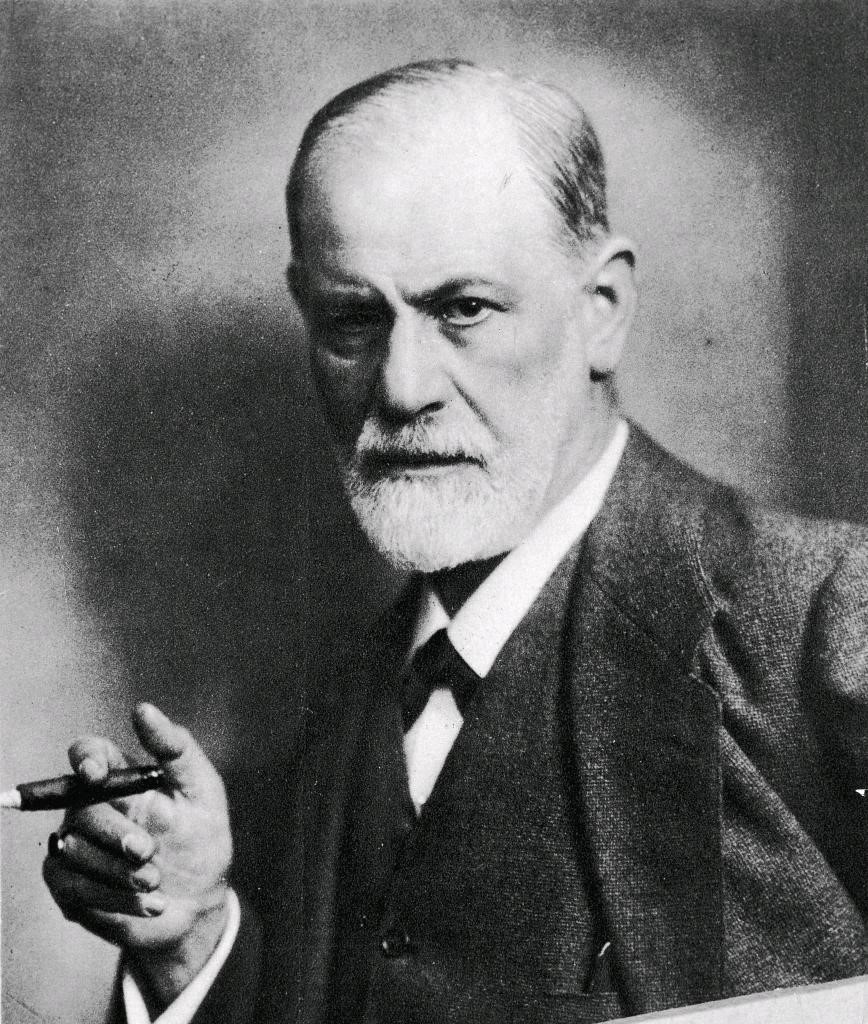
To listen to this reflection as a podcast, click here.
“Nothing buttery” sounds like a winning diet strategy.
It’s actually slang for a philosophical perspective called reductionism, in which apparently mysterious realities are reduced to “nothing but” this or that.
Sigmund Freud (1856-1939), the iconic father of psychoanalysis, pursued scientific reductionism with what can only be described as relentless zeal.
According to Freud, human beings are nothing but material entities. We may have bigger brains and better problem-solving skills, but ultimately we are no different from slime molds, centipedes, and Thomson’s gazelles.
Freud concluded that human reason and emotions are nothing but the activity of our neurons. According to his rigorous scientific analysis, what people call “love” does not – in fact, cannot – truly exist. It’s just the cellular frenzy of our cerebral cortex.
It was one thing to teach this and another to live it, of course. In a letter to his mistress Freud begged her, when she came to him, to “love him irrationally,” acting as if love really did mean something – even though he was convinced it didn’t.
God, according to Freud, is nothing but an illusion – a psychological crutch or coping mechanism to help us deal with our anxieties about our earthly fathers.
And civilization is nothing but a grim necessity, a sophisticated attempt to keep us from tearing ourselves apart or going crazy.
Freud believed that human beings are primarily obsessed with eros and thanatos – sexual desire and death (thanatos is not to be confused with Thanos, that intergalactic bad guy in the Marvel Comics universe). What people really want to do is surrender to their sexual urges. Likewise, people really aren’t that excited about life coming to an end.
Society therefore is a useful construct that supplies us with enough distractions, rituals, and feelings of shame to prevent us from acting on our physical appetites, and helps us cling to the fantasy that somehow we aren’t going to end up in a cemetery.
There is, of course, a subset of humanity that doesn’t feel bound by such social taboos. Celebrities, rock stars, and the Beautiful People endeavor to explore eros and defy thanatos far beyond the capacity of ordinary citizens. Yet they are among the unhappiest people on earth.
Freud taught that ultimately there is no real hope for human culture. It can never be other than what it is: a façade protecting us from self-destruction and despair. Materialism, in the end, exacts a heavy price. We lose love, free will, God, meaning, purpose, and hope.
Is human life nothing but an ongoing struggle to restrain animalistic urges and yearn for things which don’t really exist?
Followers of Jesus would say that is nothing but nonsense.
This is a case in which starting points make all the difference. If Freud is right – if human life begins and ends with the neurological activity inside our own heads – then his conclusions are spot on.
But what if we opt for a different starting point – one that is philosophically sound, scientifically consistent, and historically embraced by the vast majority of those who have lived on this planet?
If human beings are material entities yet also creatures who bear the spiritual stamp of their Creator, then there is hope for human culture. Even with all of our frailties and failures, there is a Source who can provide power, wisdom, and love to all who seek inner spiritual riches, as well as justice in the public square.
And that means there is hope for me, too. I am more than just my appetites, my impulses, and my neurological responses.
I can know myself to be a deeply loved child of God whose presence in the world is not an accident.
And that assurance is nothing but transforming.
